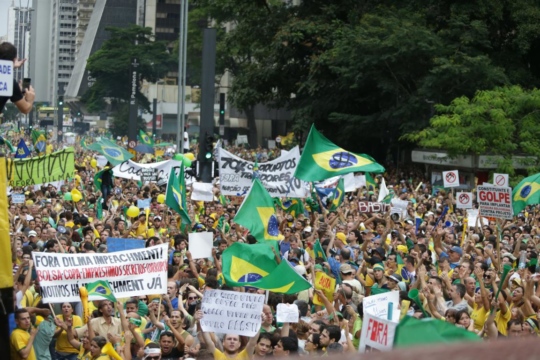
The healthy roots of corruption anger in Latin America
The emergence of this new normative edifice in favor of transparency and accountability is one of the most important, yet unsung, stories of the consolidation of democracy in Latin America.
The emergence of this new normative edifice in favor of transparency and accountability is one of the most important, yet unsung, stories of the consolidation of democracy in Latin America.
Should CICIG’s mandate be extended? What factors are shaping the debate, and what will most likely be the outcome?
En una entrevista con el programa Teleprensa de la emisora salvadoreña Canal33, Michael Shifter opinó sobre la visita a El Salvador de Ricardo Zúñiga, el enviado especial para el Triángulo Norte de la administración Biden.
On July 28, 2020, the Inter-American Dialogue and the Center for Latin American and Latino Studies (CLALS) at American University hosted “Victims of their own Success? The Lessons of Anti-Impunity Missions in Central America” to discuss the achievements and takeaways of high-profile anti-impunity missions in Central America.
US President Donald Trump’s transactional approach to foreign policy has weakened anti-corruption measures in the region.
On July 10, 2019, the Inter-American Dialogue hosted an event titled, “Guatemala’s Presidential Runoff: What Next for Rule of Law and US Relations?”
Michael Camilleri, Director of the Dialogue’s Peter D. Bell Rule of Law Program, spoke at an event hosted by the University of Notre Dame Keough School’s Initiative for Global Development called, “Beyond the Border: Regional Priorities and the Migration Debate in Central America.”
Michael J. Camilleri, Director of the Dialogue’s Peter D. Bell Rule of Law Program, testified before the House Committee on Foreign Affairs on the subject of “Understanding Odebrecht: Lessons for Combating Corruption in the Americas.”
Laura Gualdron summarizes and analyzes the discussion around grand corruption prosecutions in the Americas.
Michael Camilleri and Tamar Ziff suggest US policy options in response to Guatemalan President Jimmy Morales’ attacks on CICIG.
On September 28th, the Inter-American Dialogue partnered with the Council of the Americas to host an event titled Corruption and Crisis in Guatemala: The Past, Present, and Future of CICIG.
Guatemalan President Jimmy Morales has banned the entry of CICIG’s chief and refused to renew the agency’s mandate. What’s next?
On July 31, the Inter-American Dialogue partnered with the Washington Office on Latin America and the Center for Latin American and Latino Studies at American University to host an event titled “Corruption in Honduras: Can MACCIH Make a Dent?” The conversation analyzed how effective the mission has been in its fight against corruption.
On September 22, the Inter-American Dialogue hosted Jose Ugaz, the chairman of Transparency International. Ugaz answered questions about the nature of today’s corruption scandals, highlighting the Odebrecht case in Brazil that has implicated a number of other countries in Latin America.
Inter-American Dialogue Board Member Eduardo Stein and Senior Fellow Kevin Casas-Zamora recently participated in an interview with TRT World on corruption in Guatemala. In the interview, Stein discussed how the perception of Guatemala’s president Jimmy Morales has changed and the role that the United Nations and the International Commission against Impunity have played thus far in the corruption investigation. Casas highlighted the similarities and differences between the present investigation of President Morales and the corruption scandal which led to the ousting of Guatemala’s former president, Otto Pérez Molina, in 2015.
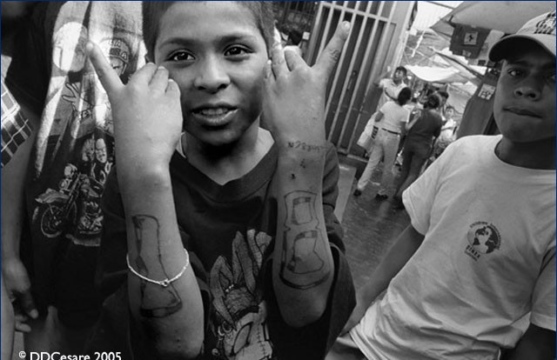
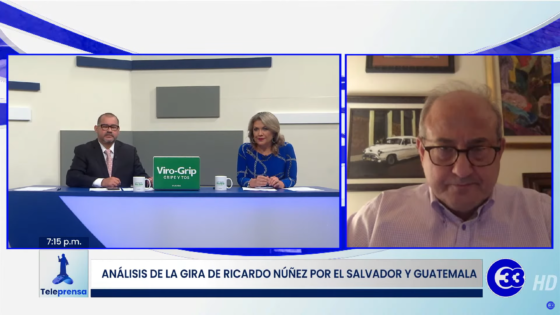 Video
Video
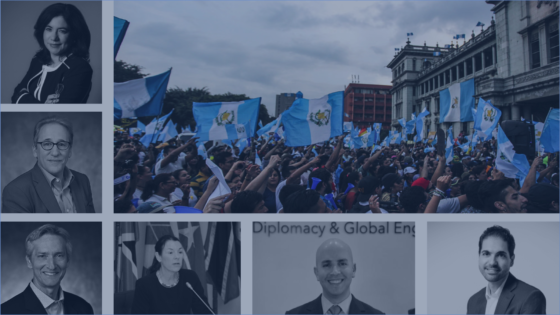 Video
Video
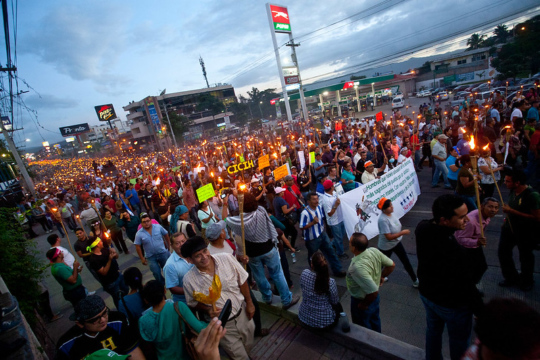
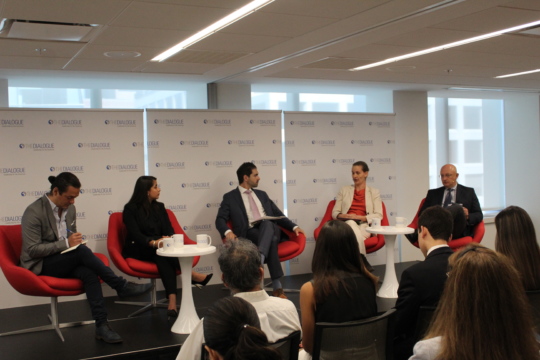 Video
Video
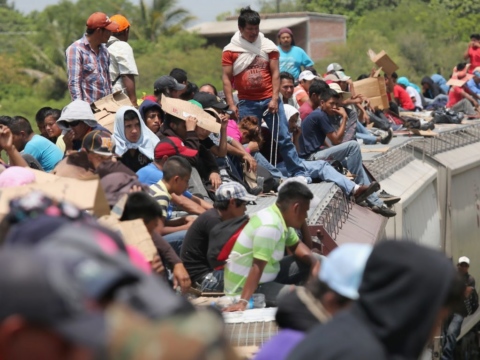
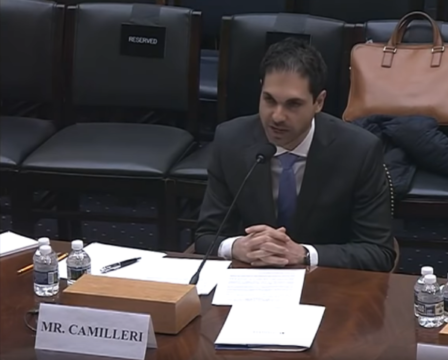 Video
Video
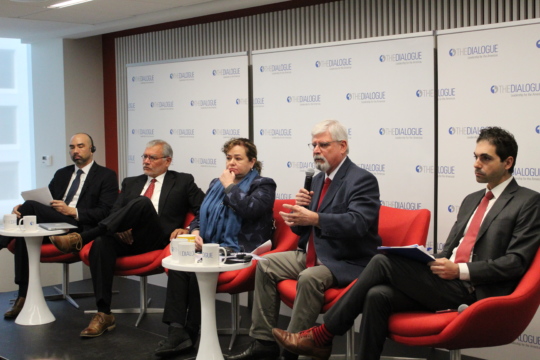 Video
Video

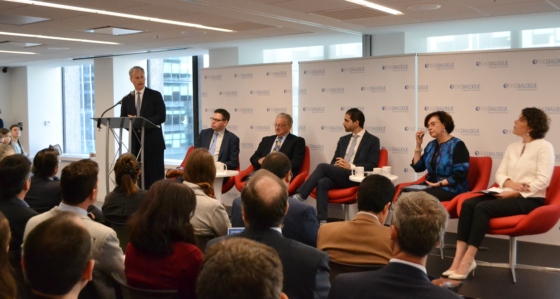 Video
Video
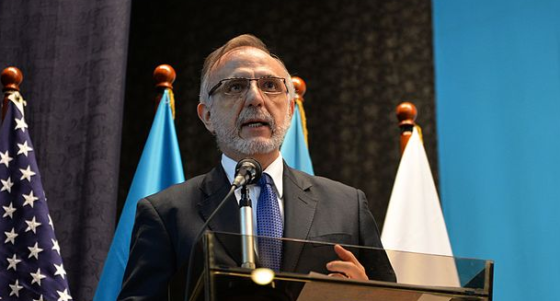
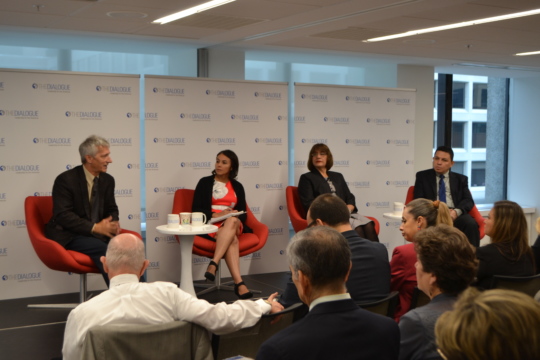 Video
Video
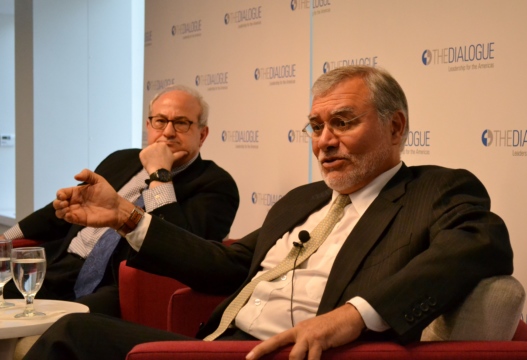 Video
Video
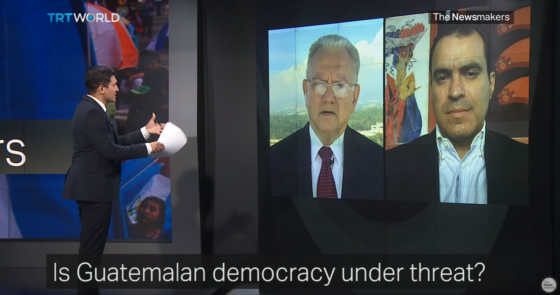 Video
Video